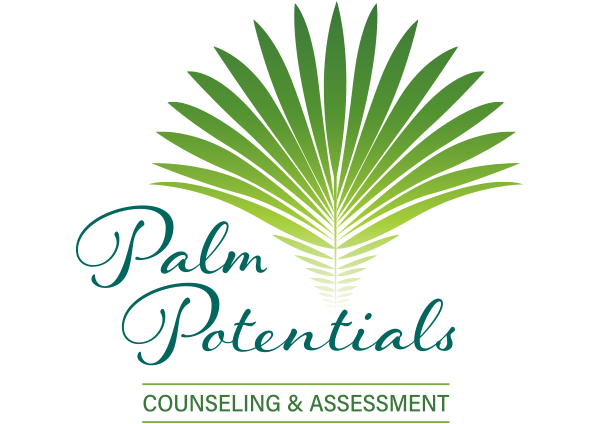I’ve never talked to anyone. I’m used to handling things on my own. Aren’t people who go to therapy weak?
Not at all. It suggests courage and willingness to look at yourself and your situation to see what you might do differently to improve your circumstances. Perhaps you’re facing a new situation and could use new knowledge or skills. Perhaps too many problems have piled up at once, leaving you confused and overwhelmed. Perhaps strengths you’ve relied on are no longer working.
We could all benefit from seeking professional input from time to time – especially when we’re struggling. We tend to get stuck in our own logic and don’t think outside the box. As a therapist, I can help you sort through difficulties, explore new perspectives, and learn new strategies so you can build an even stronger you.
What’s the difference between talking to you or my best friend or family?
A friend or family member may be highly supportive but there’s a vast difference between a friend and a therapist. A professional has considerable training to understand the complexities of psychological health and illness and how to treat it. As a psychologist, just some of the knowledge I’ve gained includes: human development, therapeutic alliance, interplay of thoughts, feelings, and behaviors, psychological theories and techniques, diagnoses, evidence-based treatments, and medication use.
The confusion between friend and professional is understandable. To create a therapeutic environment, I make great effort to be supportive and easy to talk to by using everyday language to communicate. If I were to use technical jargon, it would detract from the ‘safe and nonjudgmental’ environment therapists often talk about. Therapy needs to be a place where you can share your thoughts, feelings, and experiences to explore new ideas and try new skills to achieve personal growth.
Why shouldn’t I just take medication?
Medication can be effective and is sometimes useful in conjunction with therapy. Medication alone, however, cannot solve all issues. Medications treat symptoms, whereas therapy asks you to explore what is causing your symptoms in the first place. Our work together is designed to explore the root of issues by digging deep into your thoughts, beliefs, and behaviors, and developing new skills to help you accomplish your personal and/or relational goals.
How does it work? What do I have to do in sessions?
Therapy is a collaborative process, meaning, you and I work together to learn ways to better manage or solve your problems. At the start of therapy, I would ask you to describe your difficulties as best you can. I also ask questions to paint a general picture of what your life looks like in major areas and how they contribute to, or are impacted, by the problem. The best effort you can make is to share your concerns as candidly as possible so difficulties can be understood and coping strategies can be strengthened or developed. In short – you bring your experience, I bring my expertise and, together, we work to solve problems.
How long will it take?
The length of time in therapy depends on numerous factors. Each person is unique and has different issues and goals for therapy. Some factors that can affect length include: the complexity of the problem, your commitment to the process, how actively you are willing to work, and what you are trying to achieve in terms of personal development. Perhaps more useful questions to ask yourself to determine how long it might take are: What am I trying to accomplish? What will my life look like when I have successfully achieved my goals? And – What am I willing to do to work toward accomplishing my goals?
I want to get the most out of therapy. What can I do to help?
Be active and dedicated to the process. Therapy facilitates growth and change, but you can do much to accelerate the process. It’s been said that growth happens between sessions. This means – pay attention to your thoughts, feelings, behaviors, and interactions outside the session. When in session, ask questions, be curious, and share your progress or struggles. The take-away message is that therapy is not something ‘done to you.’ Rather, it is an active process of studying, exploring, considering new ideas, and trying new behaviors, while also evaluating the effectiveness of your new skills.
I am having problems in my relationship. Should I come for individual counseling or should we both come together for therapy?
Feel free to call me to discuss the issue you are trying to address in treatment to determine how to best move forward.
In general, if there is a problem within the relationship, then couples or relationship therapy is an appropriate choice. That said, it can sometimes be helpful for one or both parties in relational therapy to occasionally see the therapist for an individual appointment. This might occur, for example, if one party wishes to present an issue but is struggling in how to do it. The individual session would focus on helping that person gather their thoughts and feelings so he or she can share the concern within the relationship.
An overarching idea to consider is that a therapeutic relationship develops much like any other relationship. Within the context of therapy, I practice and promote skills of healthy relating, which rests on building a foundation of trust through open, honest, and respectful communication. Therefore, by merely participating in therapeutic exchanges, you are already practicing healthier relating.
